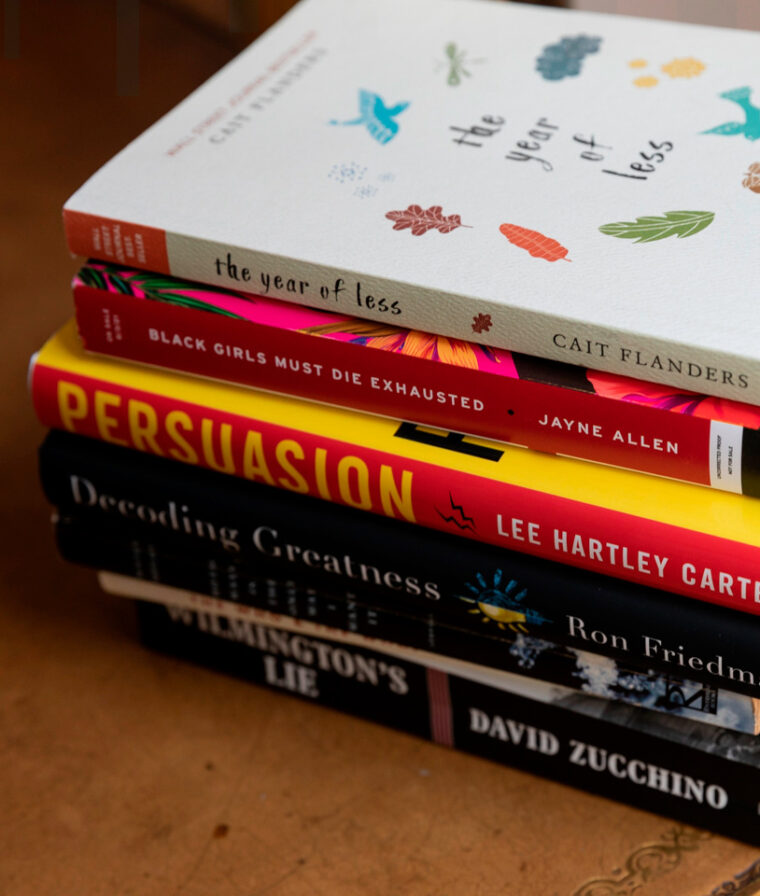Series: 7 Things ChatGPT Can’t Tell You (Part 4): Why Comparative Titles (“Comps”) Make or Break Your Pitch

We’ve already explored three of the most essential ingredients for a strong submission: how too much emotional weight can overwhelm a pitch, why personalization is the difference between forgettable and irresistible, and how researching agents ensures you’re landing in the right inbox in the first place.
Now comes the next element, one that can either cement your professionalism or signal inexperience from the start: comparative titles, or “comps.”
What is a Comp?
A comp is a published book you use as a point of comparison for your own—helping agents and editors instantly understand where your book fits on the shelf, who your readers are, and why it will sell.
ChatGPT can generate a list of recent bestsellers, but it cannot discern the nuanced connections that make for truly effective comps. Only you can position your book in relation to others in a way that demonstrates you understand your market. Comps tell me, as an agent, that you know where your book belongs on the shelf, you understand who your readers are, and you have thought about why this book will sell today.
Strong comps share three qualities: they are recent, commercially successful, and relevant in tone, content, or readership to your own project. A comp does not need to be identical—nor should it be—but it should feel like a close neighbor to your book. If I like those neighbors, I will be eager to meet yours.
Example: Strong Comp Titles
Consider this framing: “My memoir will appeal to readers of Educated and Wild, but with a humorous edge and an urban setting that sets it apart.” In this single line, the author demonstrates market savvy, situates her book within a proven readership, and underscores what makes her book distinct.
Let’s turn to a business example: “My book combines the storytelling power of Atomic Habits with the leadership insights of Dare to Lead, offering entrepreneurs a framework for building sustainable habits that scale their businesses without burnout.” Here, the comps establish both audience and category. The positioning is also clear: this is not a generic business book, but one that bridges proven demand (habits + leadership).
Without comps, you are asking an agent to do the work for you—to mentally place your book on the shelf, to imagine its readers, to guess at its positioning. That is the surest way to land a rejection. With smart, well-chosen comps, you do the opposite: you make it easy for me to say yes.
Takeaway
Comps are not a formality. They are a litmus test of your market awareness. Strong comps prove that your book is both fresh and commercially viable; weak comps, or none at all, signal just the opposite.
Ready to take your book idea further? Join our Book Publishing Accelerators Program to refine your work and get publishing-ready. Apply today: registration ends soon!
Join thousands of authors in our community and get the official Get Signed Toolkit!
- A 40-minute video download: “The Essential Elements for Getting Published”
- Your personal Author’s Workbook to keep your publishing goals on track
- Winning query letters that scored agent representation and book deals
- An excerpt of Get Signed by Lucinda Halpern
I won’t sell or rent your email address. You can opt-out at any time.
